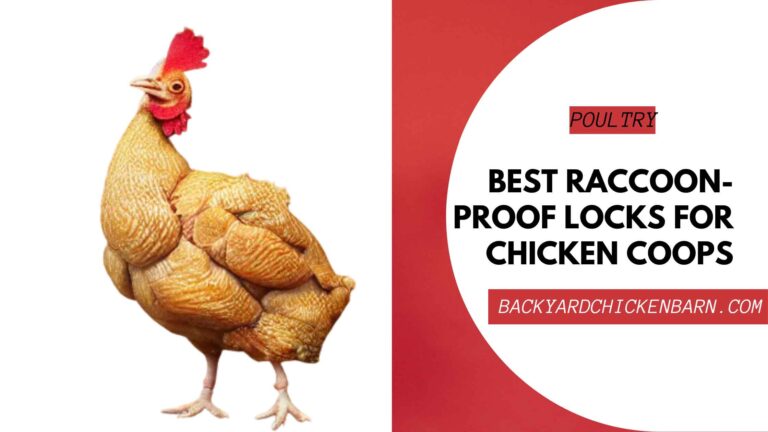Can Chickens Eat Dairy?
Chickens can eat dairy products in small amounts, but it’s generally not recommended as a regular part of their diet. While some dairy products can be offered as occasional treats, chickens have difficulty digesting lactose, the sugar found in milk, which can lead to digestive issues.
Understanding Chickens and Dairy
Chickens are not naturally equipped to digest large amounts of lactose. Unlike mammals, chickens lack the enzyme lactase, which is necessary to break down lactose. This can result in digestive discomfort and other issues if they consume too much dairy.
Potential Issues with Feeding Dairy to Chickens
- Digestive Upset: Dairy can cause diarrhea and other digestive problems due to lactose intolerance.
- Nutritional Imbalance: Overfeeding dairy can lead to an unbalanced diet, as dairy products are not a natural part of a chicken’s diet.
- Health Risks: Excessive consumption of fatty dairy products can lead to obesity and other health problems.
Safe Dairy Products for Chickens (in Moderation)
If you choose to offer dairy products to your chickens, do so sparingly and choose options that are easier for them to digest:
Examples of Safe Dairy Treats
- Yogurt: Plain, unsweetened yogurt can be beneficial in small amounts. It contains probiotics that can support gut health.
- Cheese: Small pieces of hard cheese can be given as a treat, but avoid soft or processed cheeses with high fat and salt content.
- Cottage Cheese: Low-fat cottage cheese can be offered in moderation as it is easier to digest and contains beneficial proteins.
Nutritional Summary of Dairy Products
| Dairy Product | Key Nutrients | Benefits |
|---|---|---|
| Yogurt | Probiotics, Protein | Supports gut health, provides protein |
| Hard Cheese | Protein, Calcium | Provides protein and calcium |
| Cottage Cheese | Protein, Low Fat | Easier to digest, provides protein |
How to Feed Dairy to Chickens
Guidelines
- Moderation: Offer dairy products as an occasional treat, not as a regular part of their diet.
- Small Quantities: Provide small amounts to avoid digestive upset.
- Observation: Monitor your chickens after feeding them dairy to ensure they do not experience any adverse reactions.
Safe Alternatives to Dairy
To provide variety and nutrition without the risks associated with dairy, consider these safe and nutritious alternatives:
Safe and Nutritious Treats for Chickens
- Fruits: Berries, apples (without seeds), and melons.
- Vegetables: Carrots, peas, spinach, and kale.
- Grains: Oats, barley, and corn.
- Protein Sources: Mealworms, cooked beans, and legumes.
Table: Comparison of Safe Treats for Chickens
| Treat | Key Nutrients | Benefits |
|---|---|---|
| Berries | Vitamins C, K, Fiber | Antioxidant benefits, supports immune health |
| Carrots | Vitamins A, K, Fiber | Supports eye health, promotes digestion |
| Spinach | Vitamins A, C, K, Iron | High in nutrients, supports overall health |
| Mealworms | Protein, Fat | High in protein, loved by chickens |
| Oats | Fiber, Protein | Supports digestion, provides energy |
Expert Tips for Feeding Treats to Chickens
- Variety: Offer a variety of fruits, vegetables, grains, and protein sources to ensure a balanced intake of nutrients.
- Clean and Fresh: Always provide clean, fresh produce to prevent spoilage and contamination.
- Moderation: Treat all treats, including dairy, as occasional supplements to their main diet, not primary food sources.
- Observation: Regularly observe your chickens for any signs of digestive issues or adverse reactions when introducing new foods.
Conclusion
While chickens can consume small amounts of dairy products like yogurt, hard cheese, and cottage cheese, it’s best to offer these sparingly due to potential digestive issues. Instead, focus on providing a variety of safe and nutritious treats such as fruits, vegetables, grains, and protein sources to keep your chickens healthy and happy.
If you have any further questions about feeding dairy or other foods to your chickens, feel free to ask!


